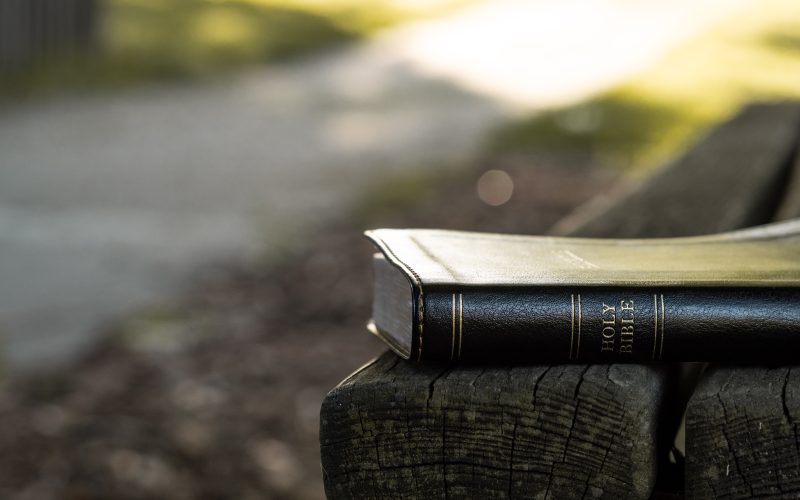Introduction: Religion has always been an integral part of human society, serving as a moral compass, a source of guidance, and a way to make sense of the world. Throughout history, religions have adapted and transformed in response to social, cultural, and technological changes. In this article, we will explore the evolution of religion from traditional practices to modern expressions, highlighting the ways in which it has evolved alongside society.
- The Shift from Dogma to Interpretation: In traditional religious frameworks, dogma and strict adherence to established doctrines were central. However, as society advanced and people gained access to education and diverse perspectives, a shift occurred towards individual interpretation. Religious teachings became subject to scrutiny and personal understanding, allowing for a more nuanced and contextualized approach to faith.
- Embracing Scientific Discoveries: The rise of scientific advancements challenged certain religious beliefs and doctrines. However, instead of rejecting science outright, many religious communities found ways to reconcile scientific discoveries with their core beliefs. This led to the emergence of a more inclusive and scientifically informed religious discourse that incorporated evolutionary theory, cosmology, and other scientific concepts.
- Interfaith Dialogue and Ecumenism: In an increasingly interconnected world, religions have had to engage with one another in new ways. Interfaith dialogue and ecumenism, the promotion of unity among different religious traditions, have become important tools in fostering understanding and cooperation. By focusing on shared values and common goals, religions have been able to transcend their differences and contribute to social harmony.
- Adapting to Changing Moral and Social Norms: As societies have evolved, so have moral and social norms. In response to changing attitudes towards gender equality, LGBTQ+ rights, and other social justice issues, many religious institutions have revised their interpretations of sacred texts to be more inclusive and affirming. This evolution has allowed religion to remain relevant and adaptable to the needs and aspirations of contemporary society.
- Utilizing Technology for Outreach: The advent of technology has revolutionized the way we communicate and connect with one another. Religious organizations have embraced this shift by leveraging various digital platforms for outreach, worship services, and community engagement. Online sermons, virtual congregations, and social media campaigns have expanded the reach of religious messages, making them more accessible to a wider audience.
- Addressing Environmental Concerns: As awareness of environmental issues grows, religious communities have recognized the need for ecological stewardship. Many faith traditions have incorporated environmental teachings and practices, emphasizing the responsibility to care for the Earth. Religious leaders and organizations are increasingly taking active roles in promoting sustainable living and advocating for environmental justice.
- Reimagining Rituals and Worship: Traditional religious rituals and worship practices have undergone transformations to appeal to the sensibilities of modern believers. Innovative forms of worship, such as contemporary music, multimedia presentations, and interactive ceremonies, have emerged to engage younger generations. These adaptations aim to bridge the gap between tradition and modernity, creating meaningful experiences that resonate with diverse worshippers.
Conclusion: Religion, like society itself, has evolved over time. From embracing interpretation and scientific discoveries to promoting interfaith dialogue and addressing contemporary challenges, religion has demonstrated its capacity for adaptation and growth. By navigating the complexities of modernity while staying true to their core values, religious traditions have continued to provide individuals with spiritual guidance, moral frameworks, and a sense of belonging in an ever-changing world.












